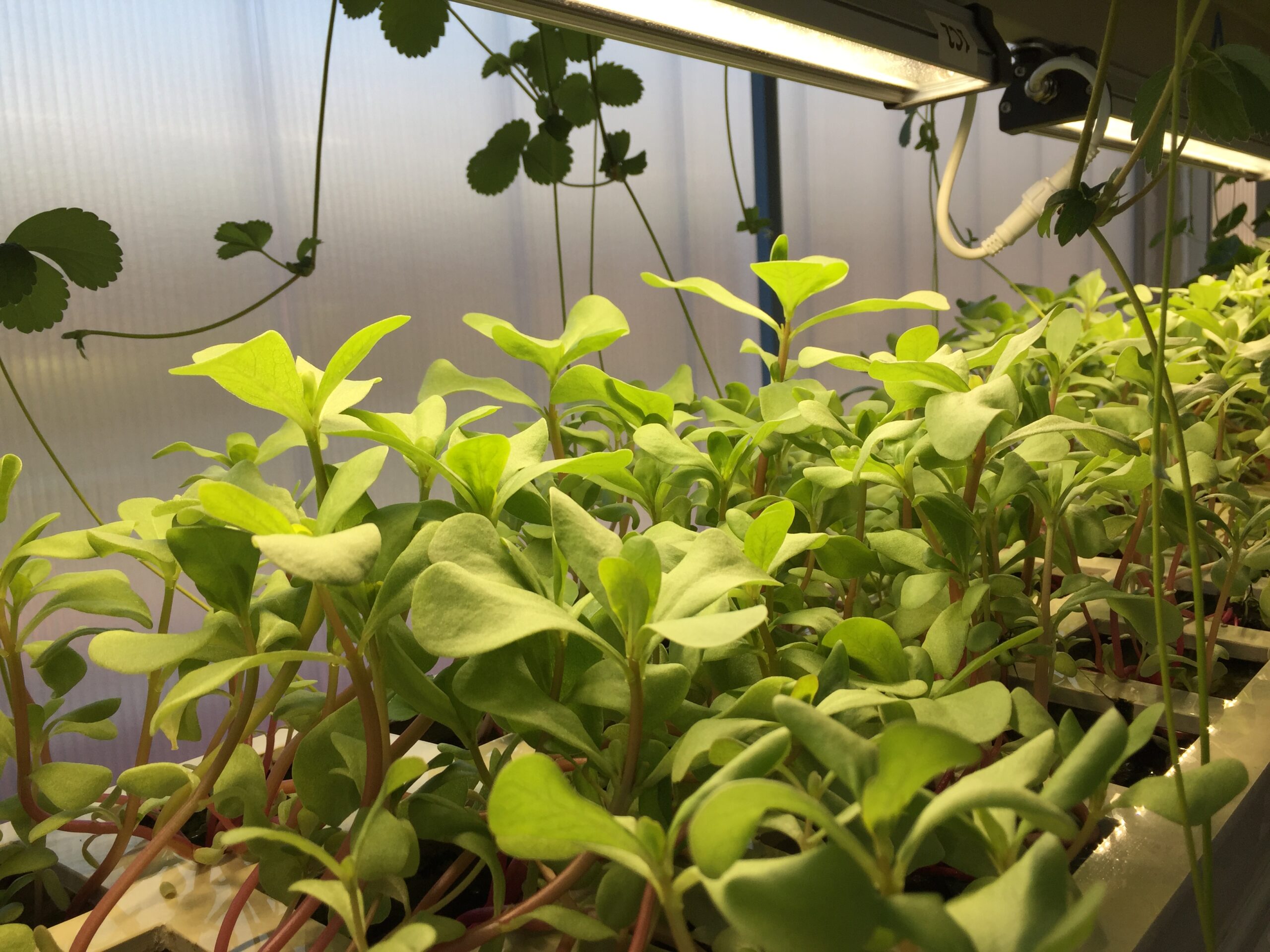Urban Aquaponic Farm
Want to know more?

The demand for these three vital components is escalating rapidly. It is being driven by rapid urbanization and changing diets. This is also exacerbated by a rising demand for water due to population and economic growth, higher temperatures and decrease in precipitation in certain regions.
In order to address current challenges and future pressures, a priority should be the implementation of integrated and sustainable management strategies for water, food and energy. This approach aims to achieve a balance between the diverse needs of people, the environment, and the economy.
One of the concepts that fits into the idea of these strategies are Agrihoods as a focal points for residential developments and work spaces. Agrihood is a residential neighborhood centered around community farming. The goal is to facilitate food production, as well as provide green space, recreation, aesthetics and value to the community.
This solution implies maximally reduced supply chains. A farm provides fresh and healthy food and integrates the local community. At the same time, in a broader perspective, such places could be hubs for managing renewable energy, water and food production.
An extension of this concept are urban agrihoods. The goal is simple: meeting food needs of the local population and caring for community self-sufficiency. Inhabitants of the area become stakeholders, they fund the infrastructure and service. In return they receive fresh and available throughout the season food and can engage in the production process.

USAGE – Urban Stormwater Aquaponics Garden Environment
The Urban Aquaponic Farm is an example of combining energy, water and food. A place where meeting the needs of citizens is based on cooperation and integration of energy, water and food into one system. This concept became the center of the USAGE (Urban Stormwater Aquaponics Garden Environment) project. The project is a response to urgent social problems, i.e. water scarcity, food security and common commitment.
The aim of the project was to create a garden installation for food production based on aquaponic systems, supported by rainwater collection infrastructure. In addition to food production, infrastructure has an educational, social and integration function, creates places for cooperation and promotes pro-ecological behavior.
The system design fits into the urban fabric, thanks to the involvement of the local community and the work of urban planners. An aquaponic installation connected to a water collection and treatment system creates a meeting place and plays a social role through the integration of environments and educational activities increasing the level of knowledge about new technologies in food production and climate change.

- Benefits of an urban aquaponic farm:
- controlled environment,
- year-round production,
- low water consumption,
- reduced supply chains,
- healthy and clean products
- reinforced districts.

